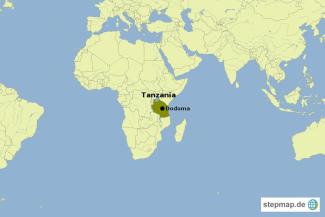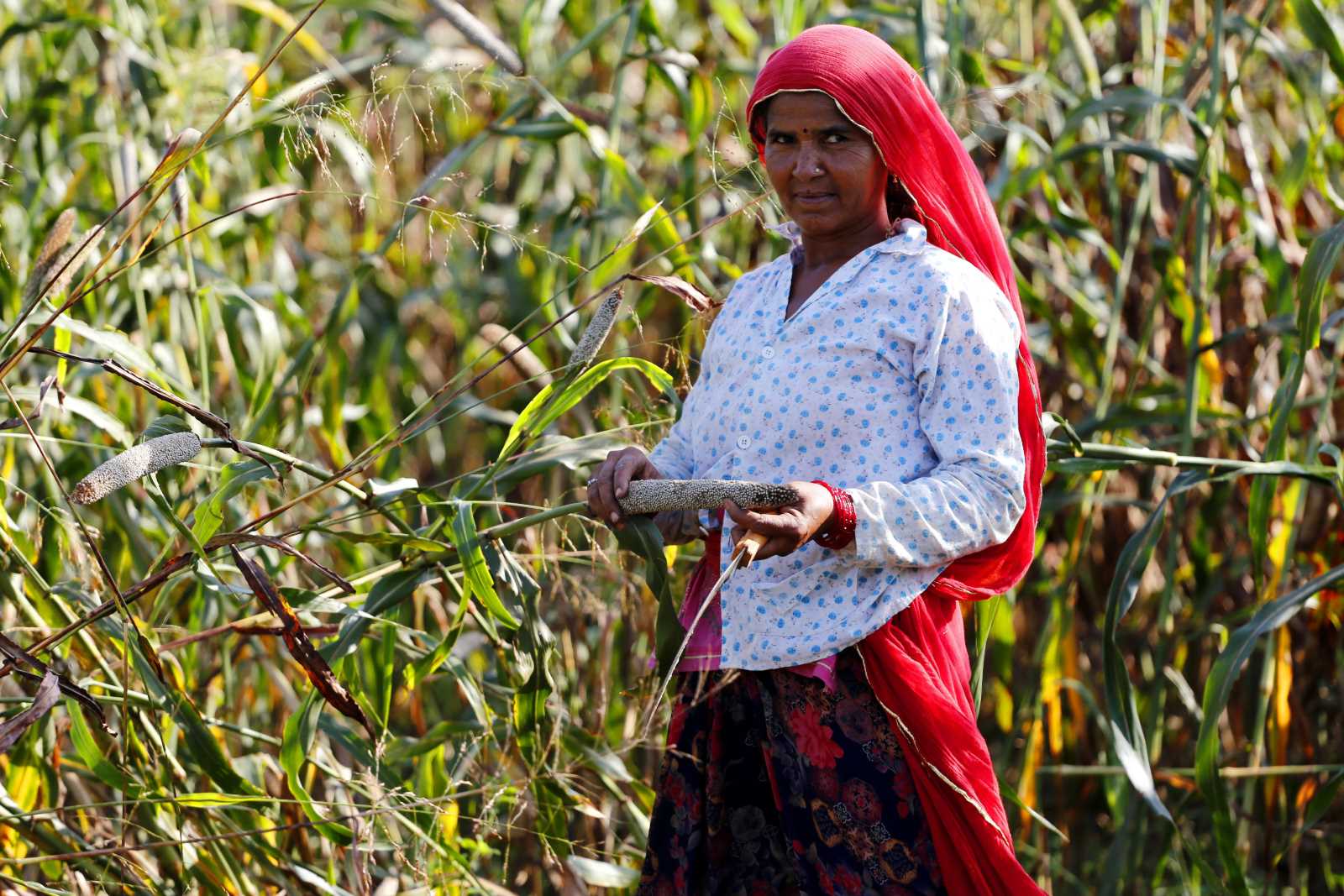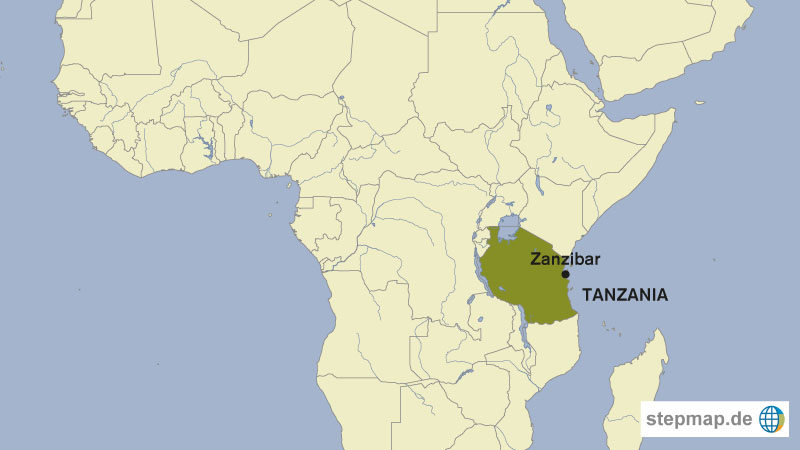Fishing
Local fish production does not meet Tanzania’s demand

Tanzania has a long ocean shore, but it imports fish. Omar Khatib sells fish to tourist hotels in Zanzibar and knows from experience that the demand for fish products has been “gradually increasing”. The main reasons are the expansion of tourism and population growth. According to Khatib, demand has “caused increased pressure” on the local fishing industry. Some people still use fishing gear and techniques that are prohibited by law because they are environmentally destructive. They use dynamite or cyanide, for example. Bottom trawling is illegal too, but common nonetheless.
Khatib says the unlawful methods are still in use because of poor law enforcement and lacking public awareness. In his eyes, awareness raising is as important as law enforcement.
The major company that imports frozen fish to Tanzania is Kauthar Food. It imports different types of fish from China and Malaysia, including Spanish mackerel, king mackerel, blue fin tuna, albacore tuna and squid. According to an official of that company – speaking under the condition of anonymity – about 2000 tons of fish are being imported annually since 2014.
The national government knows that demand for fish exceeds domestic production. John Mapunda of the Ministry of Agriculture, Livestock and Fisheries speaks of an annual shortage of 400,000 tons, which he considers “a business and investment opportunity for the private sector”.
To close the gap, production would have to grow fast. The Ministry’s official statistics show that Tanzania’s fish production amounted to not quite 370,000 tons in 2014, having increased by not even five percent in ten years.
In order to promote agribusiness in Tanzania, the government has reduced import taxes on equipment, including equipment used in fish farming. Aquaculture is a young industry that can serve to boost production. To date 20,000 public fish ponds produce just 10,000 tons per year.
Coastal fishing is being promoted as well. In February 2015, the World Bank Group approved $ 75.5 million for the First South West Indian Ocean Fisheries Governance and Shared Growth Project (SWIOFish1). The project aims to improve the management of fisheries and increase the economic benefits from fishing-related activities for families living in the coastal communities of the South West Indian Ocean region.
Tanzania has been allocated $ 36 million to improve fishers’ livelihoods, enhance the business climate and facilitate private-sector investment in the fishing industry. According to the Ministry of Livestock and Fisheries Development of Tanzania, the fishing industry contributes 2.9 % to the country’s GDP, with artisanal fisheries accounting for 98 % and employing 4 million people.
Ali Shaaban Juma is a journalist and lives in Zanzibar, Tanzania.
rafikifumba1@hotmail.com












